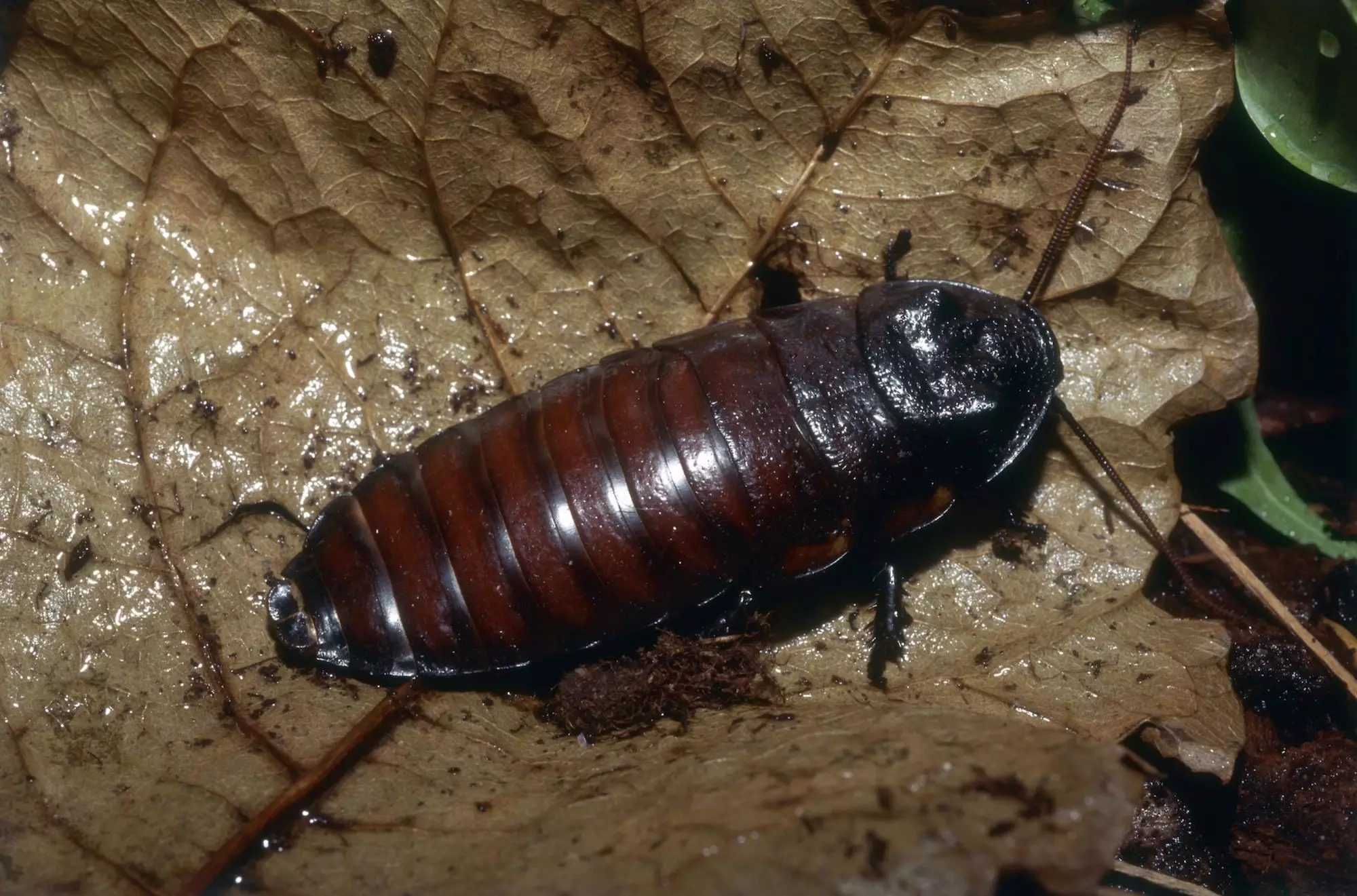Keeping reptiles, rodents, or even exotic birds may seem like the norm for pet enthusiasts, but have you ever stopped to consider the Madagascar hissing cockroach? This peculiar critter, scientifically named *Gromphadorhina portentosa*, is not just a garden-variety cockroach that invades kitchens. Instead, these hissing marvels boast distinctive traits that make them appealing to both seasoned and novice pet keepers alike. Far from the common perceptions of cockroaches, they offer an intriguing option for anyone looking to explore the world of unconventional pets.
The Madagascar hissing cockroach stands out with its dark reddish-brown to black coloration and sturdy exoskeleton. Adults can grow up to 3 inches long, making them one of the largest cockroach species worldwide. Their lack of wings eliminates the fear that these creatures will take flight unexpectedly. Instead, what you get is a docile and fascinating companion that is easy to handle. Unlike their more notorious cousins, these cockroaches are known for their mild temperament and willingness to be part of human interaction, making them particularly suitable for those new to insect care.
One of the most appealing attributes of the Madagascar hissing cockroach is its low maintenance. They thrive in warm, humid environments, generally requiring a temperature between 75 and 85 degrees Fahrenheit. Their housing needs are straightforward: a well-ventilated tank filled with adequate substrate, such as aspen wood shavings, coupled with some hiding spots like cardboard tubes or cork bark, can easily create a suitable habitat for them. Their uncomplicated diet includes fresh fruits and vegetables, along with a protein-rich pellet food. Remarkably, they are not picky eaters, allowing owners some flexibility regarding food options.
Before acquiring a Madagascar hissing cockroach, it’s essential to be aware of the legal nuances surrounding their ownership. In certain U.S. states, including Florida, specific permits are required to keep these insects. This regulation aims to prevent the introduction of non-native species that could disrupt local ecosystems. However, in states where they are legal to own without permits, ethical concerns are considerably minimal. Pet owners can feel at ease knowing that housing these cockroaches is not an issue tied to larger environmental debates.
Should you choose to keep both male and female cockroaches, be prepared for potential offspring. While breeding might excite you, you should also consider how to manage the future colony. Releasing these roaches into the wild is unethical, as they are not naturally found in the U.S. environment and would struggle to survive without human intervention.
One of the most captivating features of the Madagascar hissing cockroach is its ability to create audible sounds through specialized breathing structures. These cockroaches possess unique spiracles that allow them to produce hissing noises, which serve multiple purposes, including mating calls and distress signals. Witnessing a colony of hissing cockroaches responding in unison creates an extraordinary experience that elucidates the dynamics of their social behaviors.
Additionally, despite their somewhat grim reputation, these insects do not exhibit aggression toward humans. They can be handled gently and tolerate a degree of physical interaction without biting or scratching. Observing their daily activities—such as foraging, burrowing, and interacting with their surroundings—can prove to be an engaging and educational experience.
Madagascar hissing cockroaches provide a unique opportunity for families wanting to introduce children to the world of entomology. Their calm nature helps mitigate fears associated with insects, allowing children to cultivate curiosity rather than aversion. For budding scientists, observing the life cycle and behavior of these fascinating creatures can elicit both learning and wonder.
With costs averaging under five dollars each, hissing cockroaches are economically accessible pets. For those interested in establishing a breeding colony, initiating with a minimum of ten specimens—preferably with a ratio of four females for every male—can ensure a thriving habitat. Proper planning can lead to a sustainable cycle of life, full of intrigue and educational twists.
The Madagascar hissing cockroach is a compelling alternative to traditional pets. With their low-maintenance needs, captivating behaviors, and cost-effectiveness, they cater to the curious and adventurous at heart. This species invites individuals to rethink conventional pet ownership and embrace the diverse world of invertebrates. As society becomes more aware of various ecological perspectives, exploring the foundations of non-traditional pets like the hissing cockroach may very well lead to a more profound appreciation for all creatures, great and small.

